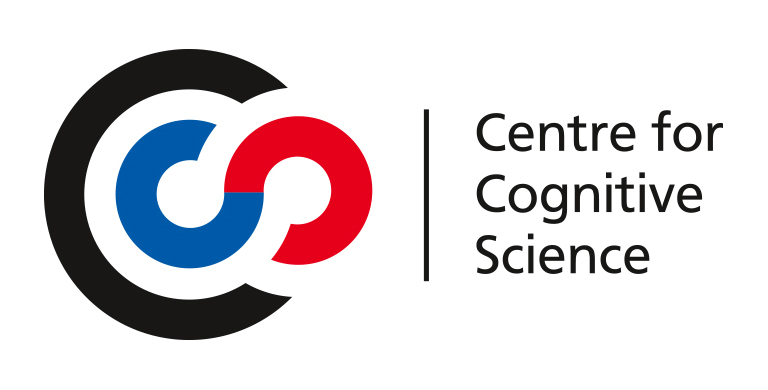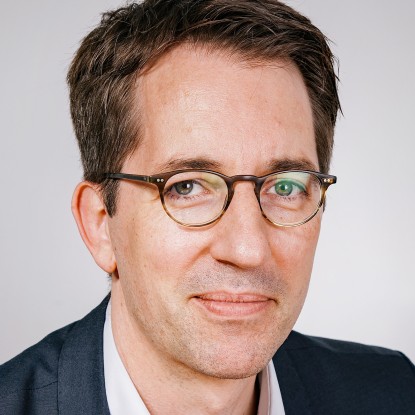Date: Wednesday, 10.05.23 17:00 CET
Location: Building S1|03 Room 223
Abstract:
Compositionality and culture are two fundamental and singular aspects of human intelligence. Yet the computations involved and their cognitive costs are still poorly understood. I first present an experiment where participants navigate through compositionally generated mazes, where we use time pressure to manipulate the availability of cognitive resources during hypothesis generation. Rather than impairing the ability for compositional reasoning, time pressure increased reliance on reusing previously encountered primitives, leading to a stronger preference for compositionally simple completions. I then introduce the representational exchange framework for social learning, which provides theoretical guidance about how information is exchanged across minds and across different representational formats within one’s mind. This framework makes important predictions about i) how we arbitrate between different social learning mechanisms to balance a cost-benefit tradeoff and ii) how directed cultural innovation is possible by inferring hidden causal structure from socially observations—even if the observed behavior was performed on the basis of habit (i.e., model-free) or conformity to social norms, absent any causal knowledge. I finish the talk by presenting ongoing experimental work testing how people arbitrate between different social learning mechanisms as a function of task complexity, and gesture towards future work studying cumulative cultural transmission of causal knowledge.


